Showing 1-14 of 14 results

Health Lab
A large grant for Michigan Medicine will launch important research to improve the screening and treatment for a gynecologic disorder that disproportionately impacts Black and Hispanic populations

Health Lab
On YouTube, the content recommended to kids isn’t always age appropriate, a Michigan Medicine study finds.

Health Lab
Youth with heart disease enrolled in unique program that teaches resilience and builds connections with their peers
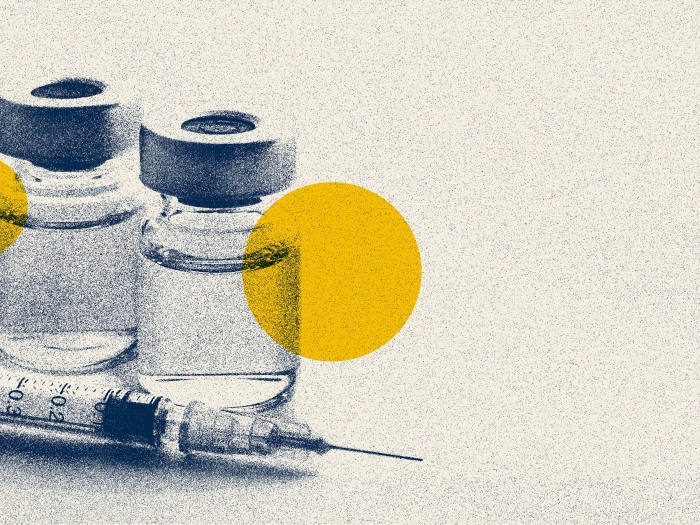
Health Lab
A national study from Michigan Medicine shows that the use of these weight loss drugs is increasing rapidly in adolescents and young adults 12-25 years, especially females.

Health Lab
A melanoma survivor shares facts and tips about preventing all types of skin cancer.

Health Lab
Sudden cardiac arrest in young athletes: 5 things parents should know

Health Lab
A Michigan Medicine-led study found that transgender individuals show similar rates of severe parental morbidity and preterm birth and lower rates of cesarean delivery when compared to cisgender people.
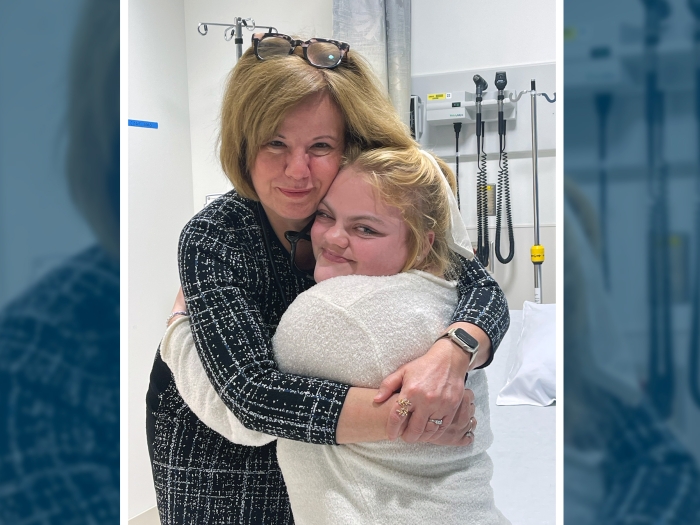
Health Lab
Mallory Mattison serves as the inspiration behind critical medical research that’s supporting other patients like her with lipodystrophy syndromes
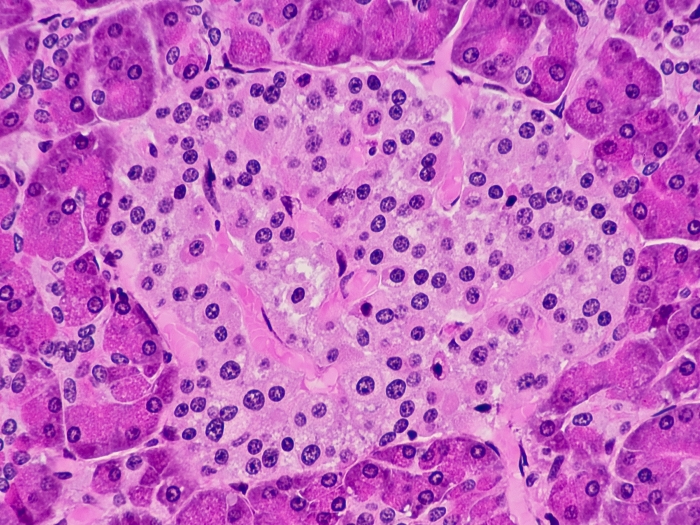
Health Lab
Teams from Vanderbilt University Medical Center and the University of Michigan design a comprehensive study that integrates multiple analytic approaches that has linked a regulatory gene network and functional defects in insulin-producing pancreatic beta cells to type 2 diabetes.

Health Lab
Research at Michigan Medicine has been working to improve the psychosocial concerns related to diabetes, which often pose issues for people living with the condition

Health Lab
A physician invents a creative approach for medical students in diabetic care.
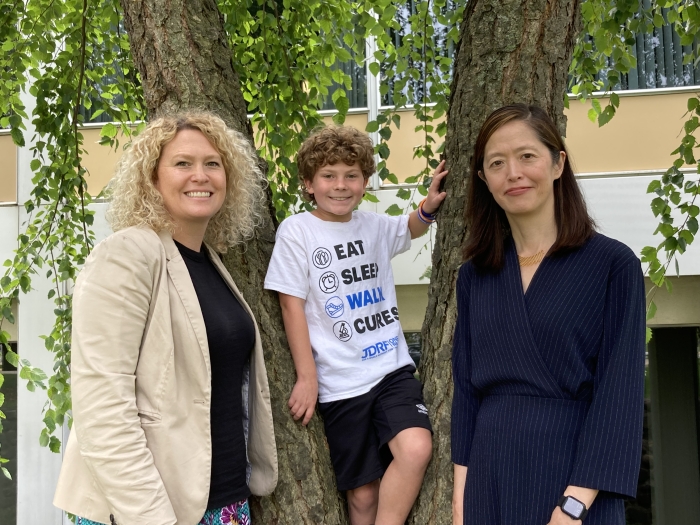
Health Lab
Living with diabetes at such a young age comes with challenges, but those challenges have inspired Jackson, now 8 years old, to come up with ways for people like him to live a little easier with a new device called "SensePod".
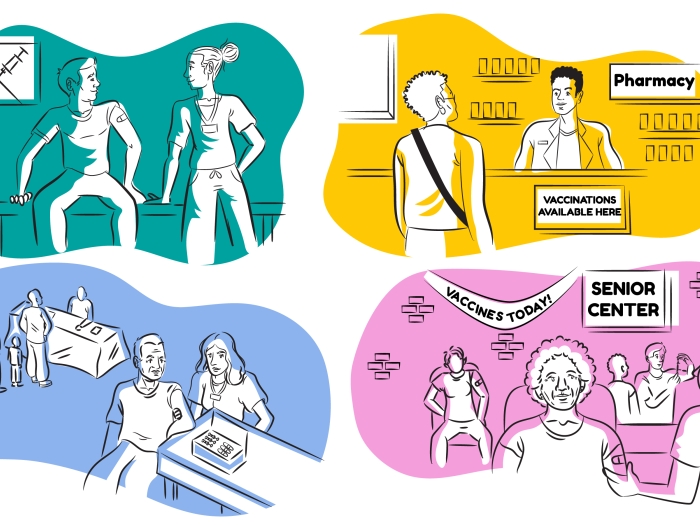
Health Lab
Adults, especially people over 50, should get immunized against COVID-19, flu and other infections, to prevent fall and winter illness, hospitalization and worse
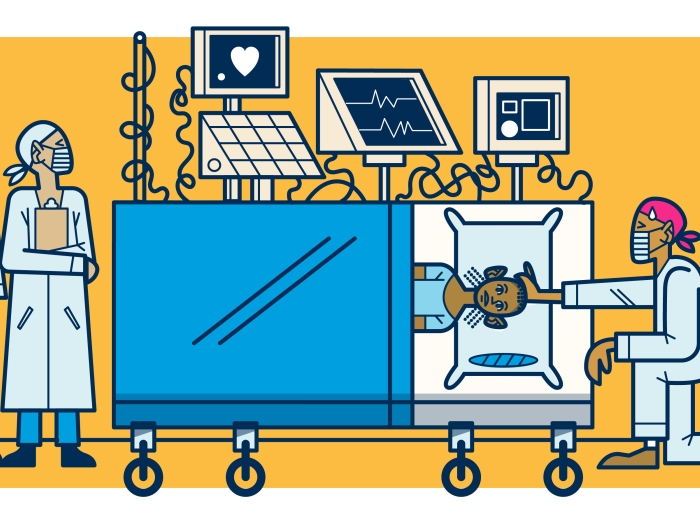
Health Lab
Children who experience cardiac arrest are one and a half times more likely to survive at a hospital capable of providing the life support system called ECMO, research suggests. But the reason behind better outcomes may have less to do with being saved by the heart and lung support machine itself and more to do with the care team structure at hospitals capable of ECM0, suggests the findings in Resuscitation.